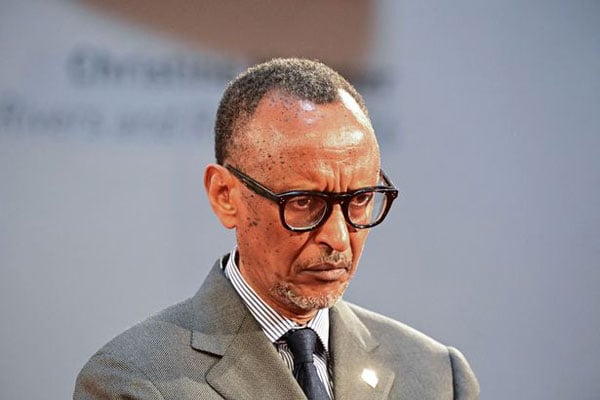
Emilly C. Maractho (PhD)
It is difficult to visit Rwanda and not deeply reflect on governance in Africa. You suddenly get a little more optimism that some of the things we think are impossible like making everyday corruption go away and institutionalising governance.
I spent last week in Kigali and got to that place of optimism again. Perhaps every time I despair, I should pay Kigali a visit.
Attending the annual national security symposium in Rwanda is something worthwhile when it comes to gaining an African perspective on many of our development challenges. This year, the discussion focused on youth radicalisation and violent extremism, climate change, the global energy crises, food security, effects of global shocks on trade and insecurity in Africa.
It is not yet clear to me why a government can be so determined to engage in an intellectual exercise of this magnitude, consistently for now 11 years, involving their men and women in uniform, as well as experts across the globe for a conversation lasting three days.
Rwanda is deliberately and carefully redirecting the development narrative and hopefully in a favourable light for Africa. They do not have to sing their praise, they provide a platform, ensure their government representatives are in the room to answer the questions, and the experts are doing the job of telling the world just how exceptional and amazing Rwanda is.
If you wonder why Rwanda is making progress, you only need to read the credentials of the Rwandan officials in the programme, and you will know.
Last year after attending the event, I had talked about how when you are in the room, it feels like a well-choreographed message, like a symphony, with every speaker adding to the rhythm, and in the end, a completely beautiful sound of an opera, pleasant to the organiser. For an outsider, it may seem surreal.
When you start to explore and engage with the city, with ordinary people in Rwanda, and hear the stories of those who have watched the place get transformed in the last 20 years, and how deliberate the government has been in making these changes, carrying along its population in the belief that they can do better, deserve better, and should know better, it becomes clear why this population will often say, the price they pay is a small one.
Away from the room, spending days at the Kigali Convention Centre, watching literally hundreds of visitors to Rwanda come in and out, the joy of people just doing their own thing, has the net impact of making you wish that this life was possible in this way, every day.
One of my rituals in Kigali is to enjoy the luxury of walking between 9pm and 11am, often by myself, and knowing that I am safe. I can sit anywhere in the hotel compound under the stars and breath clean fresh air and say my prayers, without being bothered or afraid of something happening to me, like being kicked to the ground by goons.
It is the peace and joy of feeling safe in a place, forgetting your troubles and the daily grind issues for a moment that makes every visit special.
Many Rwandans know, there is a price for all this. Sometimes it is in the presence of security cameras or people in uniform here and there, and that a lot more is required of them. They have to participate in community work called ‘Omuganda Day’, every last Saturday of the month from 7am till midday and it is non-negotiable. And everyone I have met, insists, it is a small price to pay for what they have.
What if many of us felt that way about our governments? Would it redefine democracy and our ideas of freedom?
There was this moment in the meeting when a participant from Mali, someone from their army whose minister while speaking had the humility to say, he knew the ‘real stuff’ and could supplement on his submission got us glued. The man in uniform was given a chance to speak by the moderator and got the entire room spell bound.
Imagine, a soldier from Mali, demonstrating incredible intellectual mastery of security issues in Africa, drawing from their experience in Mali, international politics and the rest of us carried along, reminded about our history of Mali. He gave the kind of submission that sends you into soul searching and extends your respect for people in uniform a notch higher.
What you cannot take away from the Rwandan government, is that they have earned their spot in history, for rewriting the narratives about their country and seem to challenge the rest of us to mind our development narratives.
We may not always agree with them, but while in Rwanda, you admire their spirit and determination to transform their country and appreciate what political will actually means.
Emilly Maractho (PhD) is a senior lecturer at Uganda Christian University. [email protected]





